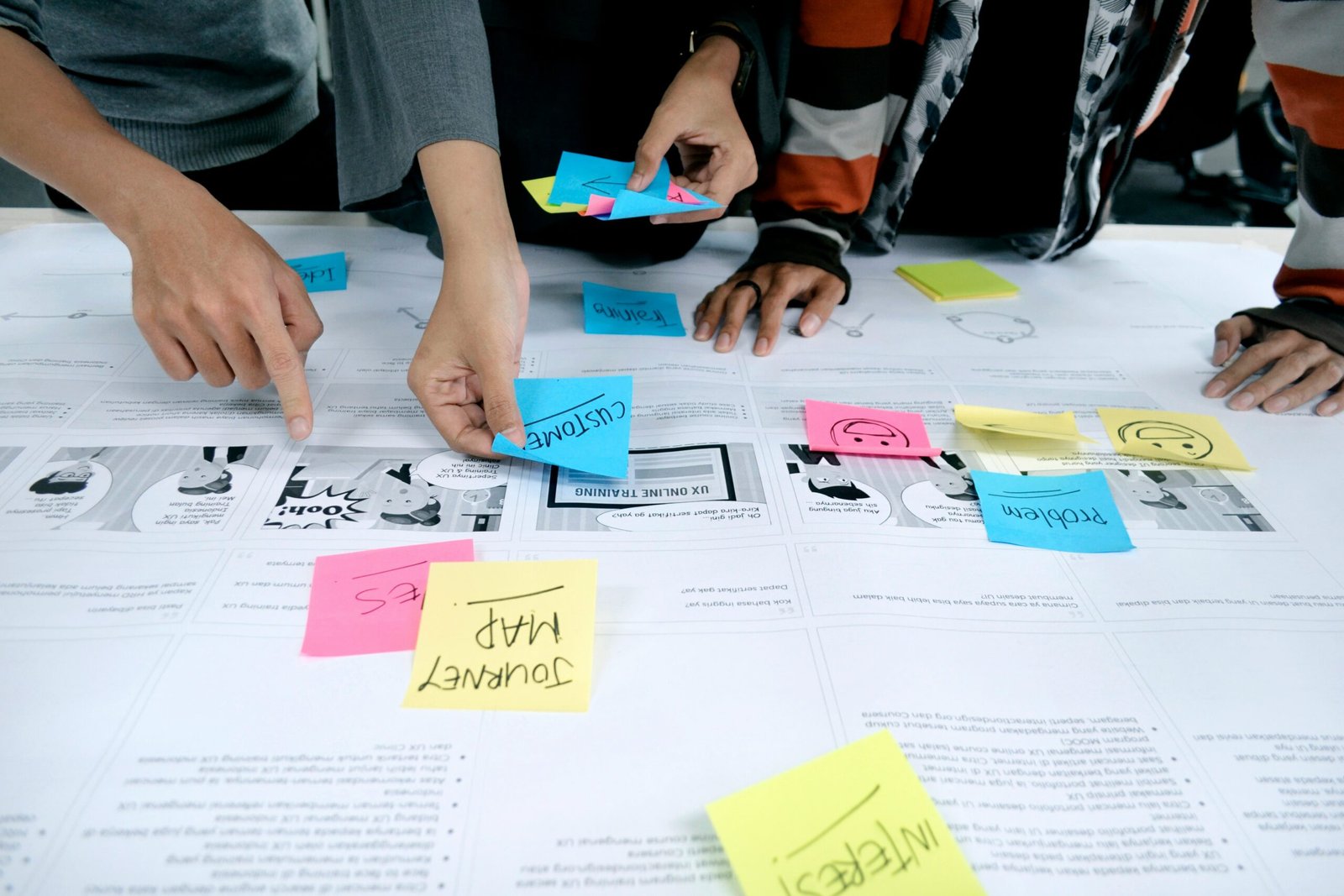
Introduction: The Path to Optimal Health
In the hustle and bustle of modern life, our health often takes a backseat. Yet, it is the cornerstone upon which our entire existence rests. Achieving optimal health isn’t just about the absence of illness; it’s about thriving in every aspect of life. From physical vitality to mental clarity and emotional balance, true health encompasses a holistic approach to well-being. In this journey towards unlocking the secrets to radiant health, let’s delve into the profound intricacies of {Helth}.
Section 1: The Foundation of Well-being
At the core of every healthy lifestyle lies a foundation built on proper nutrition, regular exercise, and sufficient rest. Nutrition forms the cornerstone, providing the body with essential nutrients to function optimally. Incorporating a diverse array of fruits, vegetables, whole grains, and lean proteins ensures a balanced diet that fuels the body and mind. Additionally, staying hydrated is crucial for maintaining bodily functions and promoting overall health.
Exercise complements nutrition by strengthening muscles, improving cardiovascular health, and enhancing mood through the release of endorphins. Whether it’s a brisk walk in the park, a yoga session at dawn, or a high-intensity workout, finding physical activities that bring joy is key to consistency. Equally important is allowing the body ample time to rest and recover, facilitating muscle repair and hormonal balance.
Section 2: Mind-Body Connection
The intricate connection between the mind and body cannot be overstated in the pursuit of optimal health. Stress, anxiety, and negative emotions can manifest physically, leading to a myriad of health issues. Incorporating mindfulness practices such as meditation, deep breathing exercises, or journaling can help cultivate a sense of inner peace and resilience in the face of life’s challenges.
Moreover, fostering meaningful social connections and engaging in activities that bring joy can significantly impact mental well-being. Laughing with friends, spending time in nature, or pursuing hobbies can alleviate stress and promote overall happiness. By nurturing the mind-body connection, we pave the way for a harmonious existence that radiates vitality and positivity.
Section 3: Quality Sleep: The Pillar of Health
In our fast-paced society, sleep is often sacrificed in favor of productivity, leading to a host of health repercussions. Yet, quality sleep is non-negotiable for {Helth}. During sleep, the body undergoes crucial processes such as tissue repair, hormone regulation, and memory consolidation. Chronic sleep deprivation can impair cognitive function, weaken the immune system, and increase the risk of chronic diseases.
Establishing a consistent sleep schedule, creating a relaxing bedtime routine, and optimizing the sleep environment are essential steps towards improving sleep quality. Limiting exposure to screens, caffeine, and stimulating activities before bedtime can signal to the body that it’s time to unwind. Investing in a comfortable mattress and pillows that support proper spinal alignment can enhance sleep comfort and duration.
Section 4: The Power of Positive Habits
The habits we cultivate on a daily basis have a profound impact on our {Helth}. Small, positive changes implemented consistently can yield significant results over time. Whether it’s choosing whole foods over processed ones, prioritizing movement throughout the day, or practicing gratitude and self-care, every choice contributes to our overall well-being.
Creating a daily routine that incorporates healthy habits sets the stage for success. Start with achievable goals and gradually build upon them as habits solidify. Celebrate progress, no matter how small, and approach setbacks with compassion and resilience. By embracing a growth mindset and viewing challenges as opportunities for growth, we empower ourselves to lead fulfilling lives centered around {Helth}.
Section 5: Nurturing Emotional Resilience
Emotional {Helth} is an integral component of overall well-being, encompassing the ability to navigate life’s ups and downs with grace and resilience. Building emotional resilience involves cultivating self-awareness, managing stress effectively, and developing healthy coping mechanisms.
Practicing self-compassion and acceptance allows us to embrace our imperfections and bounce back from setbacks with renewed vigor. Engaging in activities that promote relaxation and creativity, such as art, music, or spending time in nature, can soothe the soul and replenish emotional reserves. Moreover, seeking support from loved ones or professional counselors can provide valuable perspective and guidance during challenging times.
Section 6: The Role of Gut Health
The gut microbiome plays a crucial role in maintaining overall health, influencing everything from digestion to immune function and even mood. A diverse and balanced microbiome is essential for optimal {Helth}, as imbalances can contribute to a myriad of health issues, including digestive disorders, autoimmune conditions, and mental health disorders.
Supporting gut health involves consuming a diet rich in fiber, prebiotics, and probiotics, which nourish beneficial gut bacteria. Fermented foods such as yogurt, kefir, sauerkraut, and kimchi are excellent sources of probiotics that promote gut diversity. Additionally, minimizing the consumption of processed foods, artificial sweeteners, and antibiotics can help preserve gut integrity and promote a thriving microbiome.
Section 7: Finding Balance in a Digital World
In today’s digital age, constant connectivity has become the norm, blurring the boundaries between work and leisure. While technology offers myriad benefits, excessive screen time can take a toll on both physical and mental {Helth}. Chronic exposure to blue light from screens can disrupt circadian rhythms and interfere with sleep quality, while incessant notifications can fuel stress and anxiety.
Finding balance in a digital world involves setting boundaries around technology use and prioritizing offline activities that nourish the mind, body, and soul. Establishing tech-free zones in the home, scheduling regular digital detoxes, and practicing mindfulness during screen time can help mitigate the negative effects of excessive technology use. By reclaiming control over our digital habits, we can cultivate a healthier relationship with technology and prioritize our well-being.
Section 8: The Importance of Regular Health Check-ups
Preventive healthcare plays a crucial role in safeguarding against illness and promoting {Helth}. Regular health check-ups allow for early detection of potential health issues, enabling prompt intervention and treatment. From routine screenings such as blood pressure measurements, cholesterol tests, and cancer screenings to vaccinations and dental check-ups, preventive care encompasses a comprehensive approach to maintaining health and wellness.
Moreover, establishing a trusting relationship with a healthcare provider facilitates open communication and personalized care. By actively participating in our healthcare decisions and advocating for our well-being, we empower ourselves to take proactive steps towards optimal health and longevity.
Section 9: Cultivating Gratitude and Mindful Living
Gratitude is a powerful catalyst for {Helth} and happiness, shifting our focus from what we lack to the abundance that surrounds us. Cultivating a practice of gratitude and mindful living fosters a deeper appreciation for life’s simple pleasures and cultivates a sense of contentment and fulfillment.
Taking time each day to reflect on the blessings in our lives, express gratitude towards others, and savor moments of joy can profoundly impact our well-being. Mindful living involves being fully present in each moment, embracing life with curiosity and openness, and approaching challenges with equanimity and grace. By embracing gratitude and mindfulness as guiding principles, we embark on a journey towards lasting {Helth} and vitality.
Conclusion: Embracing a Lifestyle of Wellness
In the pursuit of optimal {Helth}, there is no one-size-fits-all approach. Rather, it is a journey






